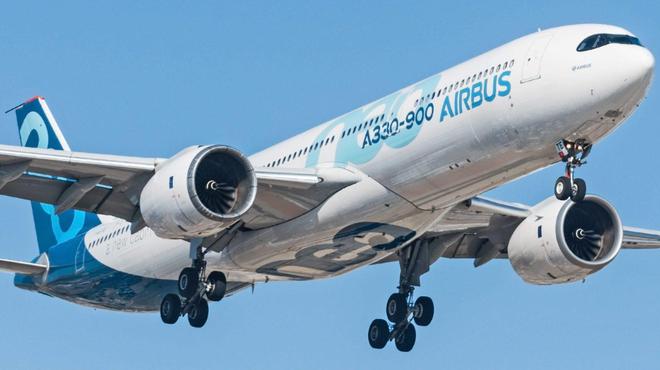Meta (META) has once again announced a significant price reduction for its popular virtual reality headset, the Quest 2, and its associated accessories. Notably, the 128GB version is now available for just $199, marking a substantial discount from its previous retail price.
This latest move by Meta to lower the price of the Quest 2 is aimed at enhancing accessibility to virtual reality technology for a broader audience. By offering the headset at a more affordable price point, Meta seeks to drive adoption and engagement with its VR platform, thereby expanding its user base and ecosystem.
The Quest 2, known for its wireless design and standalone capabilities, has gained widespread acclaim for its immersive VR experiences and versatile applications across gaming, entertainment, education, and productivity. With the price reduction, Meta aims to capitalize on the growing demand for VR technology and position the Quest 2 as a must-have device for consumers seeking immersive digital experiences.
The decision to lower the price of the Quest 2 also reflects Meta’s strategic focus on driving hardware sales and building a robust VR ecosystem. By making the headset more accessible, Meta aims to attract developers to create compelling content for the platform, thereby enriching the VR experience for users and driving engagement on its platform.
Furthermore, the price reduction for the Quest 2 could have positive implications for Meta’s overall business performance and financial outlook. Increased sales of the headset and related accessories could contribute to revenue growth and potentially boost Meta’s position in the competitive VR market.
The announcement of the Quest 2 price reduction comes amidst a broader trend of Meta’s efforts to expand its presence in the virtual reality and augmented reality (AR) space. The company has been investing heavily in VR and AR technologies, with initiatives such as the development of the Meta Quest platform and the Meta Horizon virtual world.
As Meta continues to innovate and iterate on its VR hardware and software offerings, the Quest 2 price reduction represents a strategic move to drive adoption and solidify its position as a leader in the VR industry. The affordability of the Quest 2 could attract new users and fuel further growth opportunities for Meta’s VR ecosystem.
Overall, the decision to lower the price of the Quest 2 underscores Meta’s commitment to democratizing access to virtual reality technology and accelerating the mainstream adoption of immersive digital experiences. As the company continues to push the boundaries of VR innovation, the Quest 2 remains a key driver of Meta’s vision for the future of computing and human interaction.




